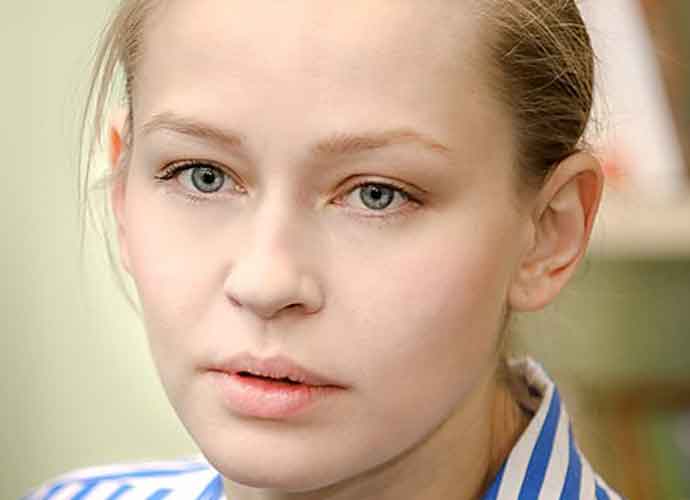Russia Picks Cast For The First Movie Shot In Space Starring Yulia Peresild
Once again, Russia and the United States are caught up in an epic space race. However, this one will be for the big screen. The Russian space agency, Roscosmos, announced Thursday that it had selected its crew and cast to headline the first film shot in space.
The movie, Challenge, will star the actor Yulia Peresild and be directed by Klim Shepenko. The project was first announced last year after Tom Cruise announced their own effort to film a movie on the International Space Station (ISS).
Rsocosmos said Peresild and Shepenko underwent a creative and medical selection process, with Peresild beating out hundreds of actors for the role.
Peresild has starred in several big Russian dramas, including The Edge and Battle For Sevastopol, and she is an Honoured Artist of the Russian Federation.
Shipenko directed Serf, a multi-million dollar box office earner, and an award-winning disaster movie set in space, Salyut 7. He is also an actor and playwright.
The team will take up two of the three seats aboard the October launch of Russia’s Soyuz mission to the orbiting space station. The team will begin training by June 1. Training will involve centrifuge and vibration tests, flights on a zero-gravity plane and parachute training.
Russia’s RIA news agency reported that the movie will tell the story of a female surgeon’s mission to perform an operation on a cosmonaut too ill to return to Earth immediately, although the whole project has had an air of mystery around it.
“Its a movie about how a person in no way connected with space exploration, due to various reasons and personal debt, ends up a month later in orbit,” Konstantin Ernst, head of Russia’s Channel One, said in a September 2020 interview. “That’s all I can tell you.”
The project will be covered by Russian state TV Channel One. The film is being produced by Ernst and Roscosmos chief Dmitry Rogozin.
RELATED ARTICLES
Get the most-revealing celebrity conversations with the uInterview podcast!









Leave a comment